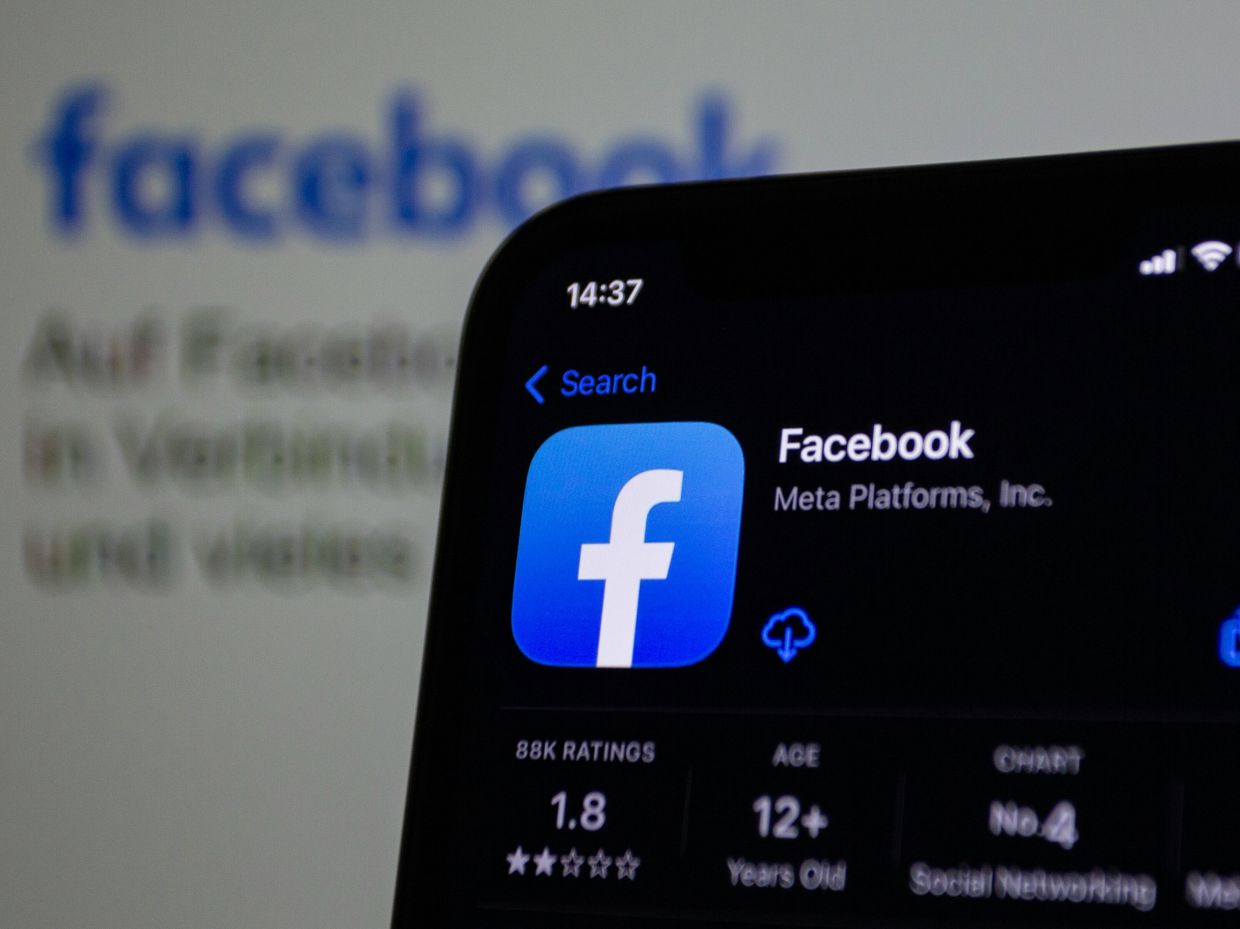In an important advancement for Meta Platforms, its creator and chief executive, Mark Zuckerberg, as well as present and past board members and executives, have come to a resolution to conclude a lawsuit demanding an immense $8 billion. The litigation, initiated by investors, claimed that the defendants’ carelessness resulted in continuous violations of Facebook user privacy, thus inflicting significant financial damage on the corporation through penalties and legal costs. The agreement was revealed to a judge in Delaware on Thursday, resulting in the sudden postponement of a trial that was about to start its second day.
The intricacies of the complex deal have not been shared publicly by the parties involved, and the defense attorneys did not make any statements to the court after the declaration. Vice Chancellor Kathaleen McCormick of the Delaware Court of Chancery, who presided over the case, recognized the agreement and praised the parties for reaching a quick accord. Sam Closic, who is the attorney for the affected shareholders, noted that the settlement was achieved swiftly, leading to an unexpected end of a significant legal confrontation. The timing was particularly noteworthy as influential venture capitalist and Meta board member, Marc Andreessen, who is a defendant in the case, was due to give his testimony on Thursday.
The lawsuit was an organized initiative by Meta shareholders to demand that Zuckerberg, Andreessen, and other former top executives, including the previous Chief Operating Officer Sheryl Sandberg, compensate the company personally for billions in fines and legal expenses accrued in recent years. Central to the shareholders’ allegations was the belief that the actions or inactions of the defendants directly led to the company’s ongoing failures to protect user information. These shortcomings resulted in a significant $5 billion fine imposed on Facebook in 2019 by the Federal Trade Commission (FTC). The FTC’s sanction arose from the company’s failure to comply with a 2012 agreement specifically aimed at safeguarding the privacy of its extensive user community.
The essence of the shareholders’ argument was a pursuit of individual accountability. They sought to leverage the personal wealth of the 11 defendants, arguing that these individuals, through their leadership and oversight roles, were directly responsible for the corporate missteps that led to such substantial financial liabilities for the company. The defendants, for their part, consistently refuted these allegations, labeling them as “extreme claims” and maintaining their innocence throughout the legal process. It is crucial to note that Meta Platforms itself, which rebranded from Facebook in 2021, was not a defendant in this particular shareholder derivative lawsuit. The legal action was directed solely at the individuals who held positions of power and influence within the company during the period in question.
The implications of this settlement are multifaceted. While it averts a potentially lengthy and publicly scrutinized trial, which could have unearthed further details about Meta’s internal privacy practices and corporate governance, the lack of transparency surrounding the agreement’s terms means that the full extent of accountability remains private. This outcome has drawn criticism from some quarters, particularly from advocates for greater corporate transparency. Jason Kint, the head of Digital Content Next, a trade association representing content providers, voiced his disappointment, stating, “This settlement may bring relief to the parties involved, but it’s a missed opportunity for public accountability.” This sentiment reflects a broader desire among some stakeholders for more public reckoning when large corporations face allegations of significant misconduct.
For Meta, the settlement offers a degree of closure on a significant legal distraction. Prolonged litigation can divert executive attention, consume considerable resources, and cast a persistent shadow over a company’s reputation. By reaching an agreement, Meta’s leadership can now potentially shift its full focus back to its core business operations, including its ambitious pivot towards the metaverse, its ongoing challenges in the advertising market, and its continued efforts to address privacy concerns that remain central to its public image and regulatory relationships worldwide.
The situation further highlights the increasing prevalence of shareholder derivative lawsuits that focus on individual executives and board members in large companies, especially within the technology sector, where data privacy has emerged as a crucial issue. These legal actions seek to hold fiduciaries personally accountable if their supposed negligence results in notable financial or reputational harm to the organizations they manage. The threat of this kind of personal accountability acts as a strong motivator for business leaders to give precedence to adhering to regulations and upholding ethical standards, particularly in domains that are sensitive and subject to stringent regulations, like user data.
While the specific financial contribution of each defendant, or the nature of any non-monetary commitments, remains undisclosed, the settlement amount itself – or the claim it resolves – signals the magnitude of the allegations. An $8 billion figure highlights the severe financial impact attributed to the alleged privacy violations and the resulting regulatory penalties. For individual directors and officers, even a fraction of such a liability could be personally devastating, making a settlement a compelling option to mitigate financial risk and avoid the uncertainties of a jury trial.
The broader context of this lawsuit is Meta’s enduring struggle with privacy controversies. Since its inception, Facebook, and now Meta, has faced relentless scrutiny over its data handling practices. Incidents such as Cambridge Analytica, and the subsequent FTC fine, have severely eroded public trust and led to intensified regulatory oversight globally. While this specific lawsuit focused on past alleged misconduct and its financial repercussions for the company, the underlying issues of data privacy and corporate responsibility remain central to Meta’s ongoing challenges and its efforts to rebuild its reputation.
The resolution of this case, even without full transparency, suggests a pragmatic approach from both sides to avoid the prolonged uncertainty and costs associated with a full trial. For the shareholders, a settlement guarantees a recovery for the company, albeit from individuals, without the risks inherent in litigation. For the defendants, it provides an escape from potential personal judgments, public testimony, and further reputational damage.
While the specific impact on Meta’s governance structures or future privacy practices is not immediately clear from the settlement announcement, the very existence of such a lawsuit and its resolution will likely serve as a powerful reminder to the company’s leadership of the financial and legal ramifications of privacy lapses. The saga concludes not with a definitive judicial pronouncement on guilt or innocence, but with a private agreement that closes a chapter of intense legal challenge for some of the most influential figures in the technology world.





